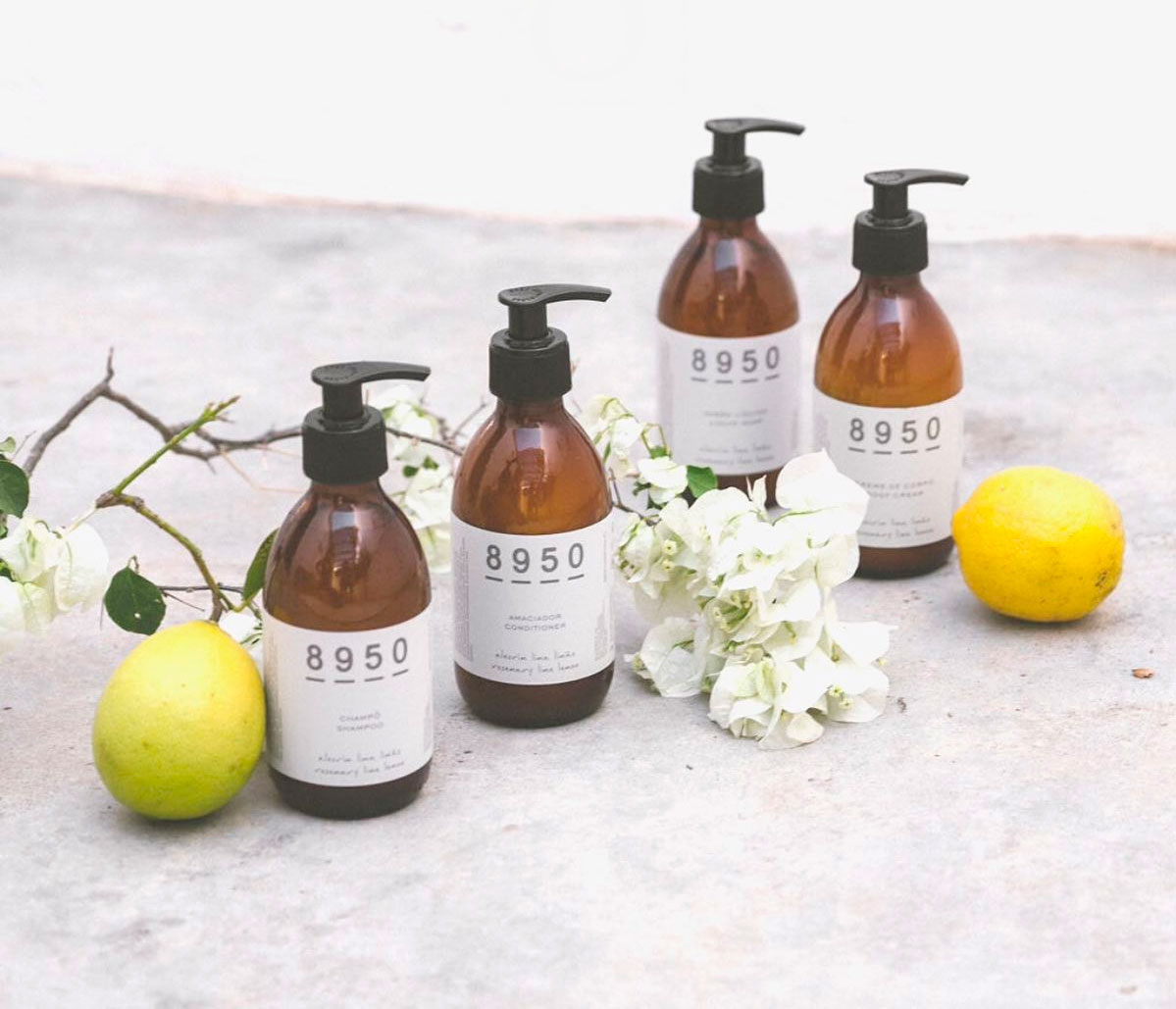Learn how to create your very own perfume in Paris. A technical perfume workshop near the Eiffel Tower to build your exclusive fragrance.
Creating your own perfume in Paris
Creating your own perfume in Paris is a practical and technical experience. It combines education, personal expression, and olfactory discovery. These perfume workshops in Paris are not just recreational—they give insight into the real methods used by professional perfumers. The 7th arrondissement, close to the Eiffel Tower, hosts one of the most respected perfumers who offers this type of experience. Participants receive professional guidance to formulate, measure, and assess a personal scent.
Workshops typically last 3 hours and are limited to small groups to ensure individual support. Participants leave with a 30 ml bottle of their own creation. The result can be a skin perfume, a seasonal scent, or something designed for personal use.
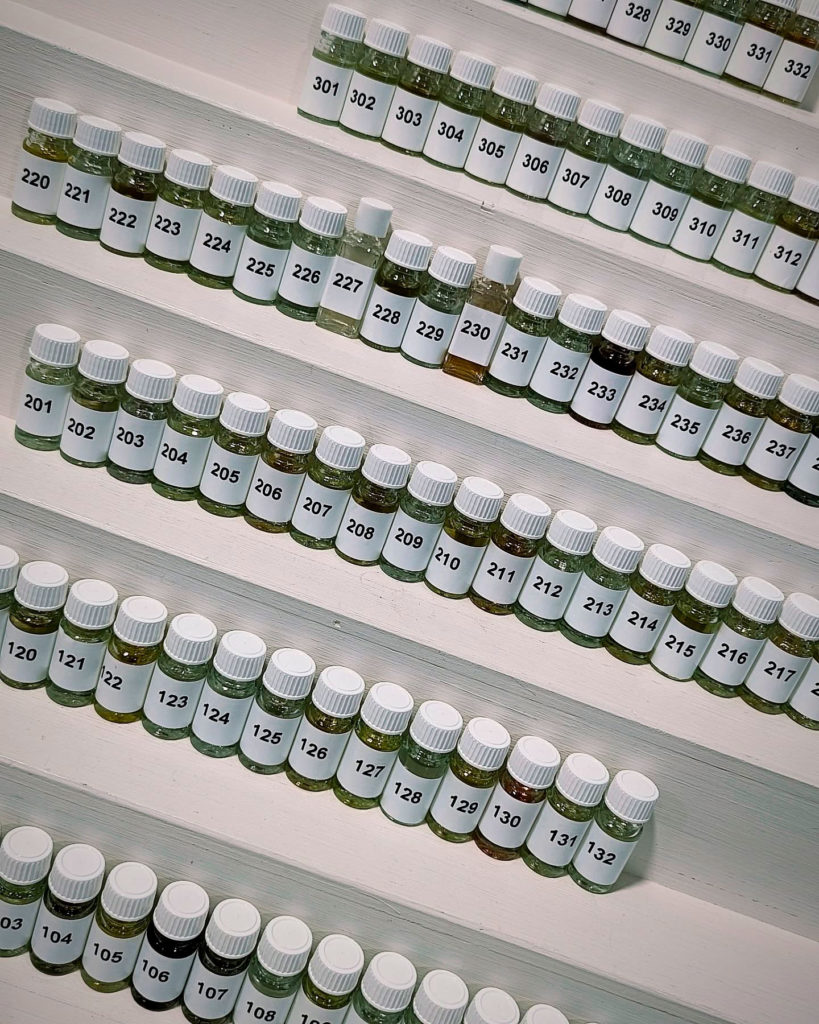
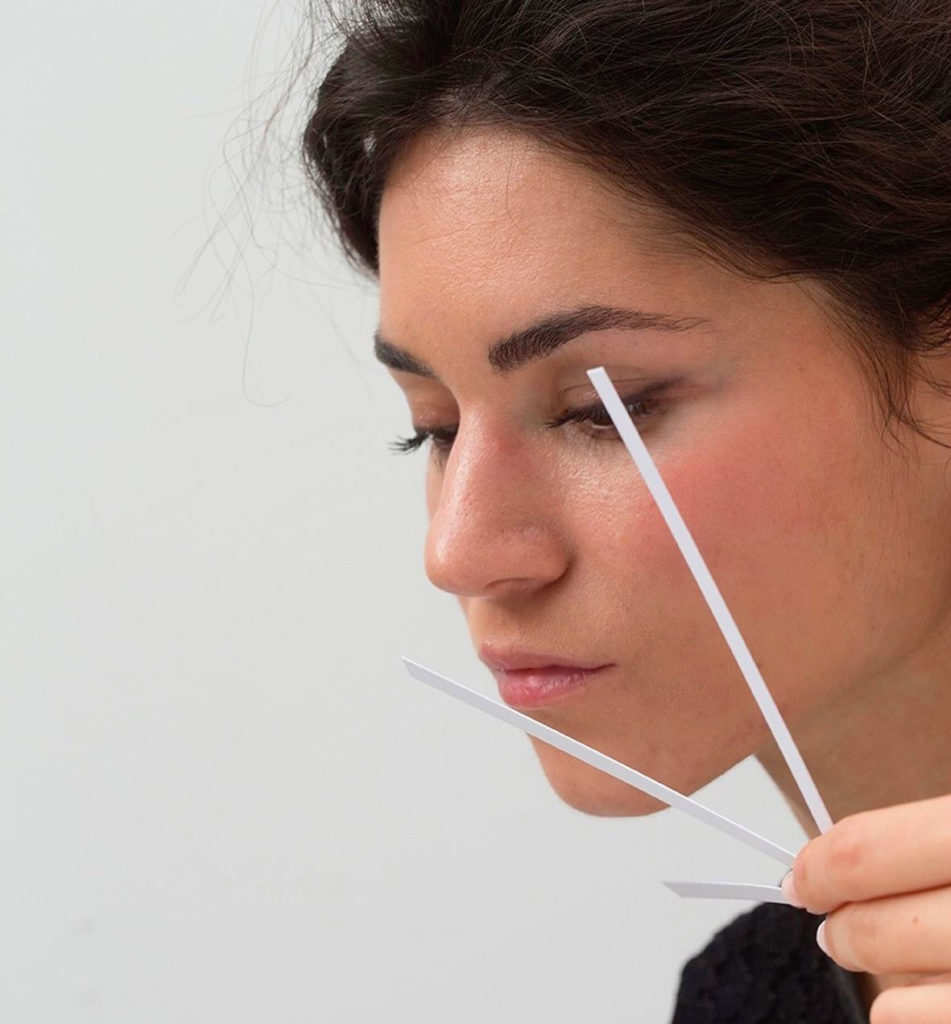
The context: Perfume and creation in Paris
The tradition of perfume in France
France, and particularly Paris, plays a central role in the global perfume industry. Grasse, located in the south of France, remains a major hub of raw material processing and composition. In Paris, however, the artistic direction and design of fragrances is often concentrated. Many luxury brands develop their concepts in the capital before production begins.
Independent perfumers in Paris often work as both creators and teachers. These professionals, known as “noses” (nez), have trained for years in olfactory memory and composition techniques. Their goal is to blend natural and synthetic components into balanced formulas.
The structure of a perfume
Understanding the olfactory pyramid
A perfume is typically composed of top, heart, and base notes. This structure is called the olfactory pyramid:
- Top notes: These are the first smells that appear after application. They are light and evaporate quickly. Examples include citrus, mint, or light herbs.
- Heart notes: These appear after the top notes fade. They form the core of the fragrance. Common heart notes include floral, green, or spicy elements.
- Base notes: These are the longest-lasting components. They give structure and depth. Typical base notes include woods, musks, and resins.
Participants learn to balance these levels, taking into account the volatility and persistence of each material.
Raw materials and safety
Perfume creation uses both natural extracts and synthetic molecules. Natural materials are often derived from distillation or solvent extraction. Synthetic molecules offer consistency and stability. A good perfume balances these sources.
Workshops in Paris typically use professional-grade raw materials regulated by IFRA (International Fragrance Association). These include allergens and safety instructions for dosage. Measuring tools such as pipettes and precision scales (accurate to 0.01 g) are used to maintain control.
The workshop experience
Step-by-step process
The perfume workshop in Paris includes the following steps:
- Presentation of olfactory families: Participants smell and classify ingredients by family—floral, citrus, oriental, woody, etc.
- Building an olfactory profile: Each participant selects ingredients based on personal preferences.
- Writing the formula: Under the guidance of the perfumer, a formula is created. This includes exact proportions of each component.
- Weighing and blending: The participant uses professional tools to mix their perfume.
- Testing and adjustment: After an initial dilution in alcohol, the scent is tested on a blotter. Adjustments may be made based on intensity or balance.
- Filling the bottle: The final formula is poured into a 30 ml spray bottle.
What you take away
At the end, participants keep their creation and receive a written formula. This allows for potential reproduction in the future. Some workshops offer the option to reorder the perfume later for an additional fee.
Workshops are generally open to participants aged 16 and above. Sessions are held by appointment and limited to 12 people per group, allowing time for personal feedback.
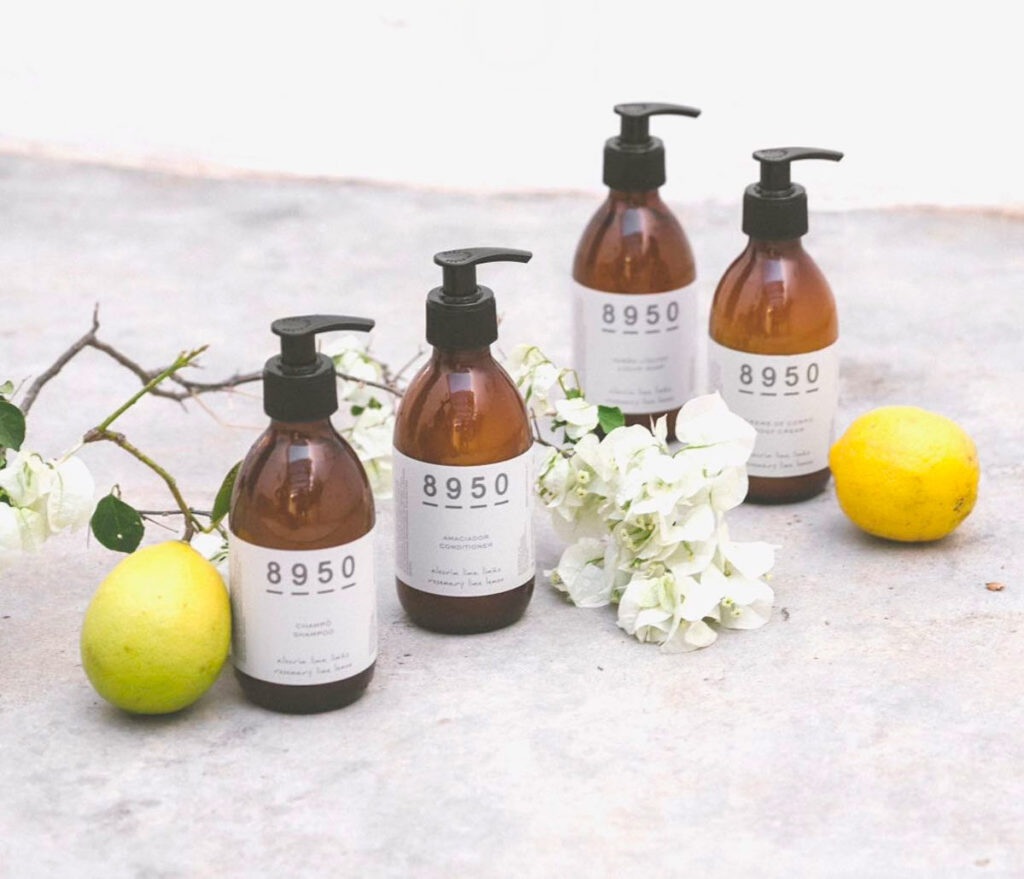
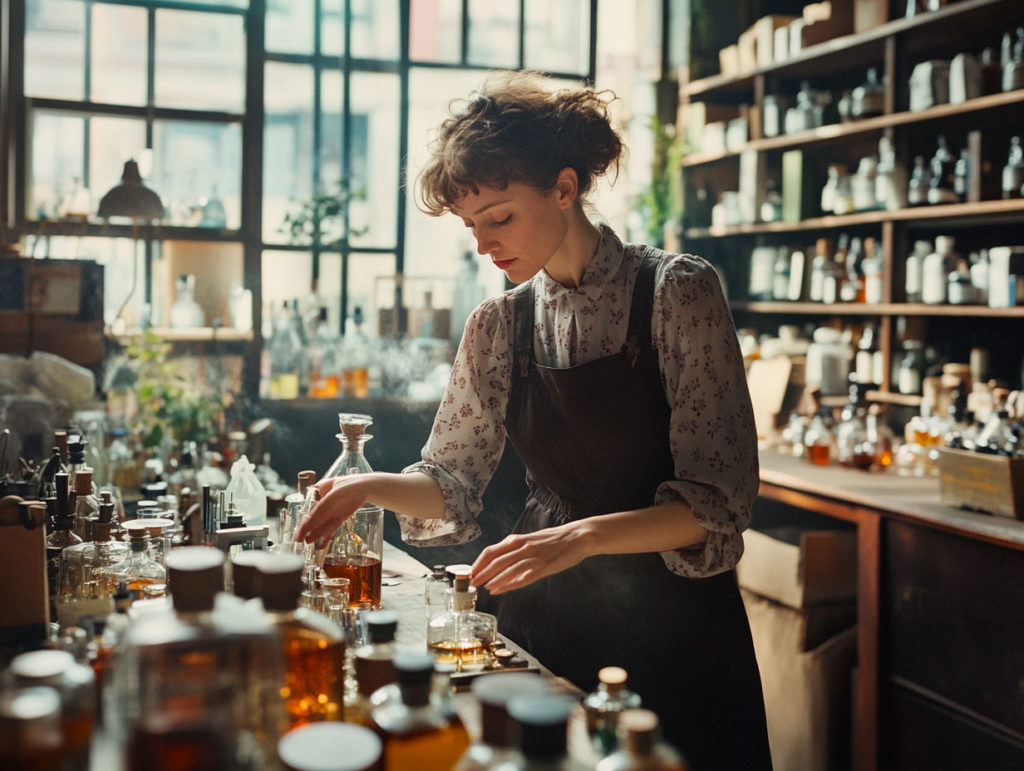
Strengths and limits of the experience
Positive aspects
- Personal creation: You leave with a unique fragrance you made yourself.
- Educational value: You gain a clear idea of the work behind perfume design.
- Professional guidance: The perfumer provides technical help and feedback.
Neutral observations
- The workshop is not a course in chemistry. It focuses more on selection and balance than on in-depth formulation science.
- Scent evolution is not immediate: It may take hours or days before the scent reveals all its aspects.
Points to consider
- The price may be high for casual visitors. €150 is the base rate, but some workshops may charge more depending on the venue or brand involved.
- The language may be French-only in some cases. Check in advance if English is available.
- Skin testing is limited during the workshop, due to time and safety restrictions. Evaluation often relies on blotters.
Practical advice before booking
- Wear neutral clothing: Strong smells from fabric softeners or cosmetics can interfere with the process.
- Avoid using perfume on the day of the workshop.
- Inform the staff of any allergies, particularly to essential oils.
- Bring a notebook if you want to write down impressions and formulas.
Workshops typically last around 3 hours, and it’s advised to arrive on time to benefit from the full session.
XperienceFrance is your travel specialist in France.
